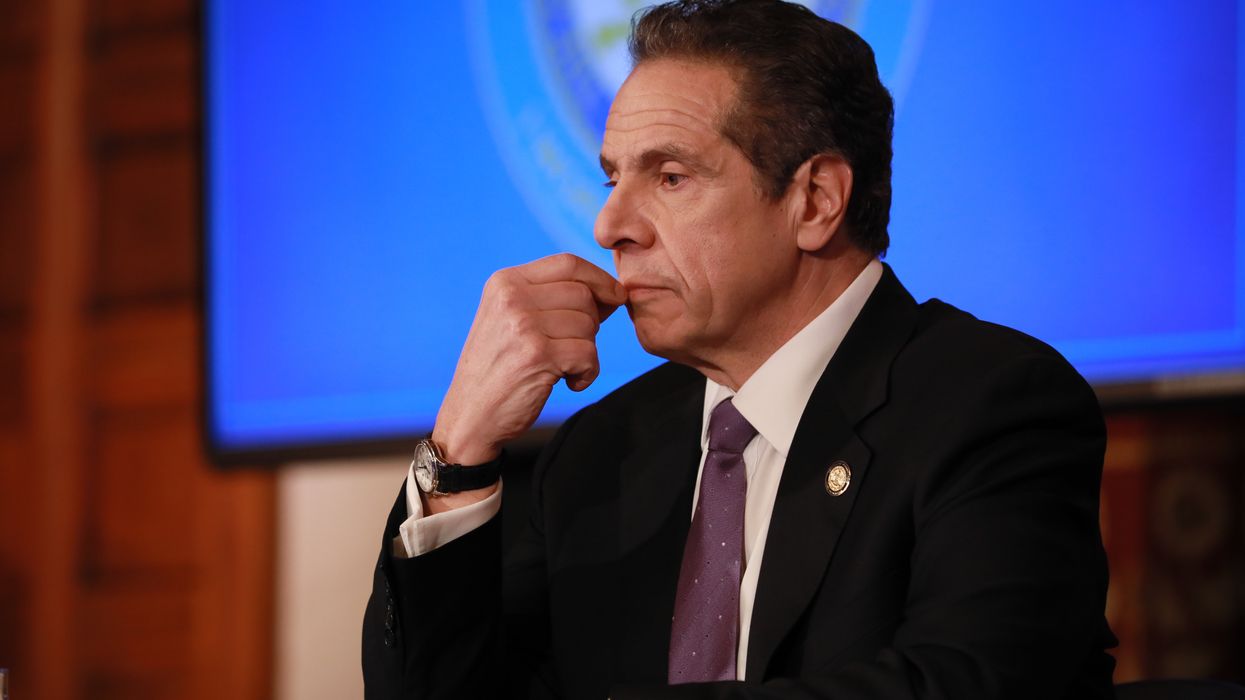New York's new absentee voting rules discriminate against the blind, a coalition of disability advocacy groups says in asking the Justice Department to intervene.
Democratic Gov. Andrew Cuomo announced this month that absentee balloting will be wide open to all voters in the June 23 primaries, the biggest state to expand voting by mail in its partisan contests in order to maintain social distancing while participating in democracy during the coronavirus pandemic.
But requiring voters to use paper ballots is discriminatory because that prevents blind people from voting "privately and independently," the complaint filed Tuesday says.
While an expansion of mail-in voting is certainly needed given the public health crisis, the organizations say, alternate methods are required to permit the disabled to cast ballots safely and securely.
The needs of the disabled, who sometimes require special equipment and other accommodations, and the inability of election officials to contact the homeless are two of the main reasons cited by groups working to tamp down on calls for making voting by mail virtually universal nationwide — starting with a big increase this November.
Cuomo's executive order allows all New Yorkers to vote absentee as long as they request an application online, by mail or over the phone in time for the primary, when nominees for Congress, the Legislature and many school boards and local offices will be decided. It is for now a one-time exception to state law, which permits absentee voting only for people who claim an excuse such as age, disability or travel. New York is one of 16 states that have such an excuse requirement.
But the complainants say Cuomo's order fails to provide people with disabilities equal access to the ballot box, as required by federal law. It asks the Justice Department to instruct the New York Board of Elections to provide online or other accommodations consistent with the Americans With Disabilities Act.
The complaint was filed by the American Council for the Blind, the National Center on Independent Living and the New York Association on Independent Living.
"People who are blind should not have to be exposed to the virus unnecessarily by voting in person," said ACB President Dan Spoone. "Just as all other New York residents have the right to vote via absentee ballot, the state must provide an accessible voting method that blind residents can use remotely."
The technology exists for the visually impaired to vote online in a secure manner, so states "have no excuse when arguing the difficulty of providing accessible absentee voting systems," said Karen Blachowicz, president of ACB's New York affiliate.




















